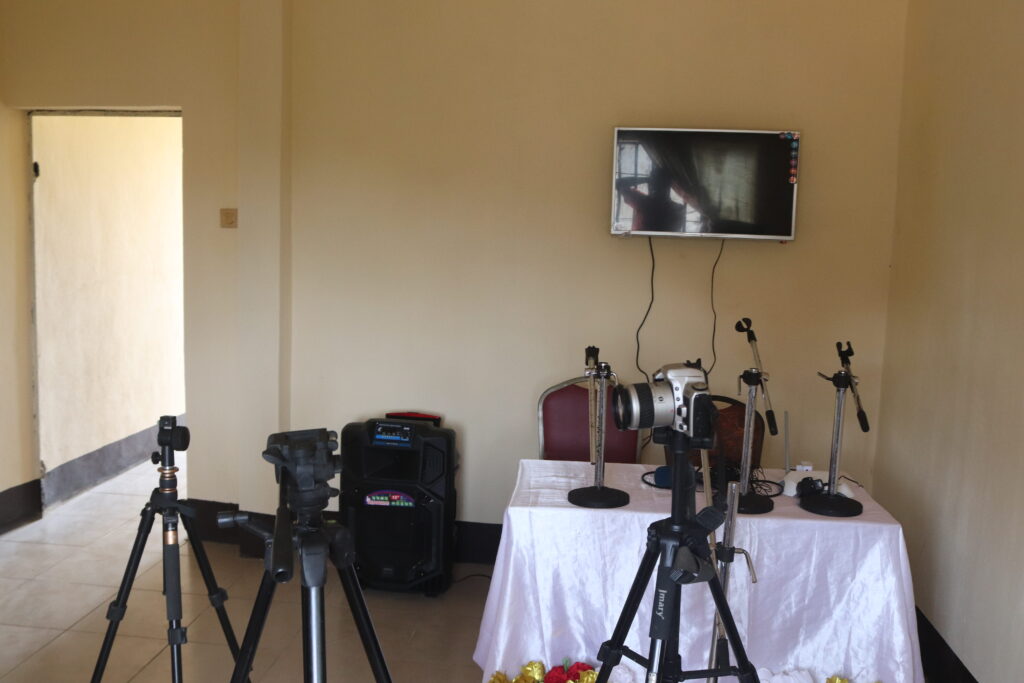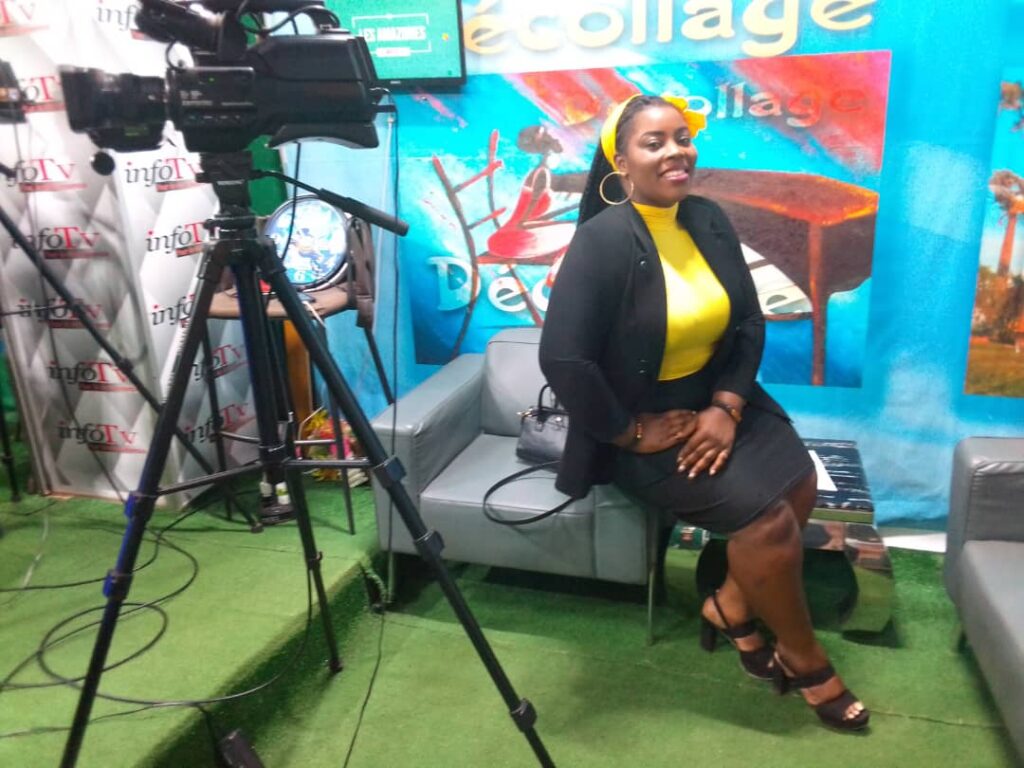
Journalism
The Objective of the Training
The training in HND, DEGREE, and MASTER’s specialty in journalism aims to train students to collect, prioritize, write on all its forms and in all positions and publish for plural public information through print, radio, television, agency, and internet on national, African and international events. They report on the news by providing their own analysis and lighting. And serve both the national and international community with the best methods of reporting information.
- Animate and manage a team.
- Communicate orally and in writing in a professional setting in French, English, and other foreign languages.
- Understand the operation of audiovisual production.
- Understand the business environment.
- Create and manage a business.
- Manage a project.
- Plan and follow work.
- Develop creativity, the spirit of analysis and synthesis.
- Master the sciences and techniques of information and communication.
- To control the functioning of the media: radio, television, written press and
internet. - Handle most technical tools (camera and sound recording equipment in
particular). - Acquire the theoretical knowledge and professional practices of the
entire audiovisual production chain. - Choose tools and information processing techniques for different audiences and media.
- Master the tools and methods necessary to make a radio or television
broadcast. - To master the methods and techniques of the written press.
- To master the different journalistic styles, the hierarchy of information.
- Take pictures and use the images.
- Organize and coordinate the different stages of a report.
- Journalist Radio, TV, print media.
- Editor-in-Chief.
- Documentary writer.
- Responsible for communication in a public or private company.
- Reporter
- Benefit from financial and other incremental benefits for those already in the field.
PRINTING, EDITING AND PUBLISHING
The Objective of the Training
The aim of the training is to enable the students to acquire knowledge of basic editing and publishing, grammar, punctuation, and clear word usage, as well as understanding how to use technology for editing and proofreading. Gain an overall view of the industry and find out how to get into the editing and publishing industry.
- A thorough knowledge of the English language (or the language the publication is written in).
- A methodical working style.
- Concentration, accuracy and great attention to detail.
- The ability to multitask.
- Tact and diplomacy for negotiating changes with authors.
- The ability to work to tight deadlines.
- To learn how to produce publications like internal newsletters.
- To understand the relationship between publishing history, book history, and literary studies.
- To improve as a literary critic or creative writer.
- To develop or improve editing and publishing skills.
- Magazine Editor
- Editorial Assistant
- Press Sub-Editor
- Bookseller
- Book cover designer
- Proof-reader
- Book Editor
- Advertising and Editorial Photographer.
- Publishing Editor.


MEDIA PHOTOGRAPHY AND AUDIOVISUAL
The Objective of the Training
Considering the exigencies imposed by globalization, the job market, and the 2035 emergence vision of the Cameroonian Head of State, there is an urgent need to adapt the HND/DEGREE in Communication Training Program to meet international standards and the needs of the nation concerned. This calls for lining up the program with the Bachelor, Master, or Doctorate (BMD or LMD in French) system. All these exigencies have been made even more inescapable by the rapid development and growth of technology especially in the area of communication. The HND/DEGREE in Audio is designed to accommodate the entire values of Audio Visual in contemporary Mass Communication. The program covers photography, fundamental courses, and professional modern skills required for audio-visual communication.
- Animate and manage a team.
- Communicate orally and in writing in a professional setting in French, English, and other foreign languages.
- Understand the operation of audiovisual production.
- Understand the business environment.
- Create and manage a business.
- Manage a project.
- Plan and follow work.
- Develop creativity, the spirit of analysis and synthesis.
The competence to find a relevant and enabling environment for the practice of Audio Visual Communication using the different media.
- Have knowledge of issues within the communication world, and be able to analyze the visual and Audio contents professionally.
- Know the possibilities of the medium or media you are working with in order to determine which equipment could be used for a particular
event. - Know modern communication equipment and proficiency in Audio Visual.
- Be able to analyze public interest in audio-visual products.
The competence to organize and plan for media activities
- Be able to make a realistic work plan for video coverage.
- Be able to work under time pressure.
- Be able to work closely with media executives.
The competence to understand audio and visual communication products
- Be able to distinguish between the needs and wants of Mass Communication.
- Be able to acquire the artistic instincts of communication.
- Be able to interpret visual design.
- Be able to select the correct options in cinematography.
- Be aware of the impact of Audio Visual in the development of ICT.
Students may gain employment in the public, private, or not-for-profit sectors in areas such as:
- Audio-visual communication.
- Cinematography.
- Events and entertainment sector
- Photographic industry
- Consulting firms
- Media organizations
- Public relations and advertising consultancies
- Retailing
- Tourism.
Your Future Starts Here
At HIPTEX, we see education as a pivotal scheme in the 2035 emergence idea being sung these days. Thus HIPTEX is the epicenter of an emergent Cameroon come 2035. We are special at HIPTEX because we train, employ and our graduates work and pay their fees. No matter how dark your path is, come to HIPTEX and we shall light your path.

